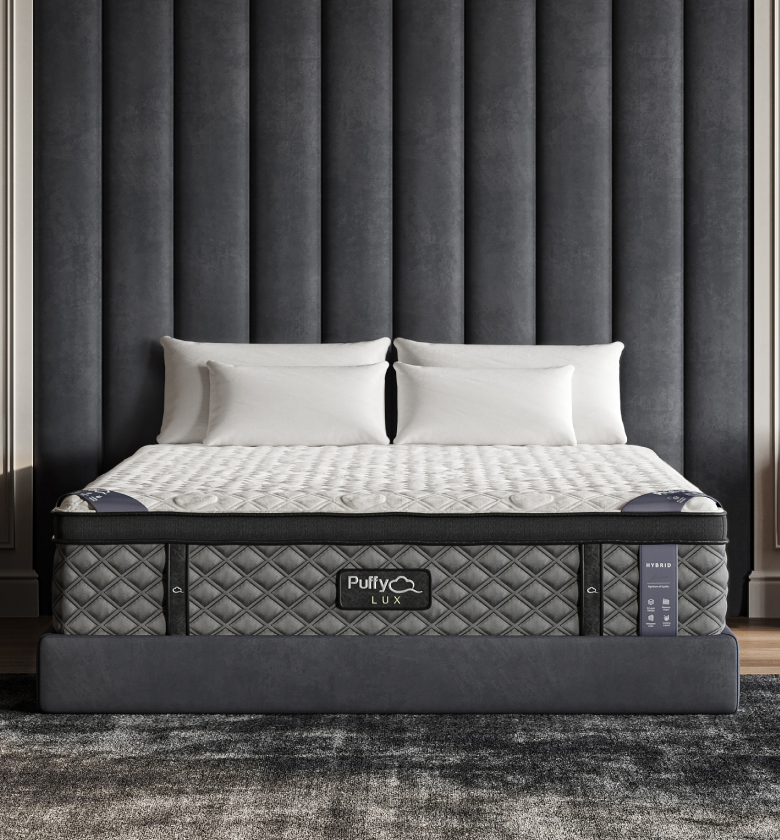Key Takeaways
- Safety Concerns: Understand the potential risks of sleeping with a blanket over your head, including reduced air circulation and increased CO2 intake.
- Comfort Factors: Explore why some people find comfort in sleeping this way and how it can affect sleep quality.
- Alternative Solutions: Discover safer alternatives to achieve comfort without compromising breathing.
- Health Implications: Learn about the long-term health implications of restricted breathing during sleep.
- Material Considerations: Consider the type of blanket material and its breathability when choosing to cover your head while sleeping.
Many people find comfort in sleeping with a blanket over their head, but there are important considerations regarding safety and health.
This article delves into why some prefer this sleeping style, its potential risks, and safer alternatives.
Is It Safe to Sleep with a Blanket Over Your Head?
Sleeping with a blanket over your head may comfort some, but it raises concerns regarding air quality and temperature regulation:
- Reduced Airflow: Covering your head can restrict airflow, leading to increased carbon dioxide and decreased oxygen levels.
- Potential Health Risks: This can cause headaches, respiratory distress, and even disrupt sleep, particularly for those with breathing issues.
- Safety Advice: It’s generally safer to avoid this practice to ensure unrestricted breathing throughout the night.
Is It Bad to Sleep with a Blanket Over Your Head?
While not harmful for everyone, this practice can negatively impact air circulation and sleep quality:
- Air Quality Concerns: Diminished air circulation may lead to overheating and excessive carbon dioxide buildup.
- Long-term Effects: Chronic poor sleep quality from this habit could lead to cognitive impairments and weakened immune system.
- Alternative Methods: Consider using sleep masks or blackout curtains for comfort and darkness without the risks.
Ensuring good sleep environment is as crucial as selecting a Puffy Lux Mattress, known for promoting optimal sleep health with its breathable materials.
Is It OK to Sleep with a Blanket Over Your Head?
For those who find it comforting and show no adverse effects, sleeping with a blanket over your head can be okay:
- Personal Preference: If it provides comfort and no negative effects are noticed, it might be okay for some individuals.
- Material Considerations: Ensure the blanket is made of breathable material like cotton or bamboo.
- Regular Assessments: Monitor for any adverse effects on sleep quality or breathing and adjust as necessary.
Why Do I Like to Sleep with a Blanket Over My Head?
Many people find sleeping with a blanket over their head comforting for various reasons, including sensory reduction and emotional security:
- Sense of Security: Provides a comforting, womb-like enclosure that can feel secure and soothing.
- Blocks Out Distractions: Helps in blocking out light and noise, facilitating deeper and more restful sleep.
- Soothing Effects: The weight and warmth of the blanket reduce anxiety and promote relaxation.
Can You Sleep with a Blanket Over Your Head?
Yes, you can, but it is important to be aware of the material and the environment to minimize any potential risks:
- Possible With Precautions: Yes, but ensure the blanket is lightweight and breathable to minimize risks.
- Health Considerations: Be mindful of personal health conditions and environmental factors like room temperature.
- Monitoring and Adjustment: Stay alert to any discomfort or changes in health, and be ready to adapt your sleeping practices if necessary.
Choosing the right sleeping conditions can be as vital as opting for a supportive Puffy Cloud Mattress, enhancing your overall sleep experience.
Conclusion
While it may feel comforting, sleeping with a blanket over your head poses several risks that can impact your health and sleep quality. By understanding these risks and exploring safer alternatives, you can ensure a better night’s rest.

- 8 layers of cloudlike luxury.
- Medium-plush feel.
- Gel-infused cooling.
- 101-night sleep trial.












